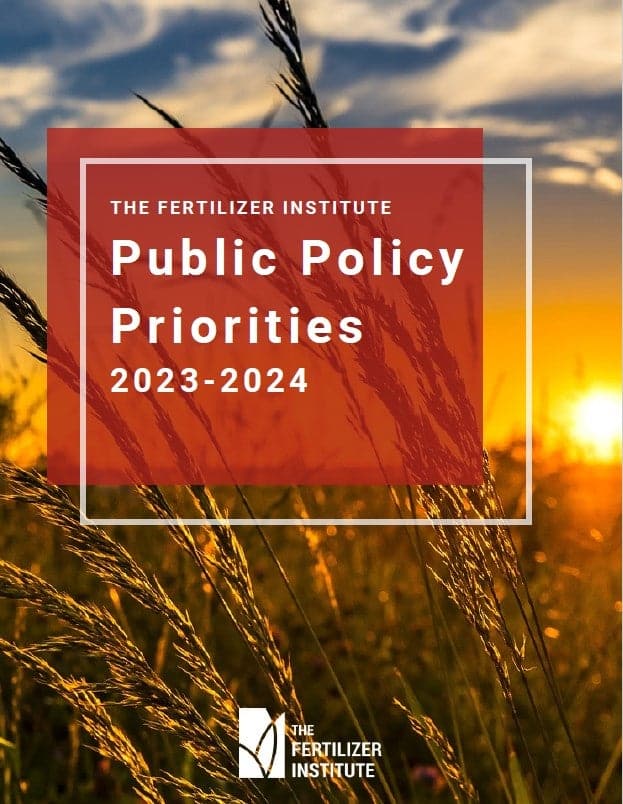First Biostimulant Certified Under TFI Program

Arlington, VA – The Fertilizer Institute (TFI) announced today that its newly launched Certified Biostimulant program has awarded the first certification for a biostimulant product.
“We are pleased to announce that AgroLiquid’s C-Tech biostimulant product has gone through the necessary steps to be recognized as a Certified Biostimulant by TFI,” said TFI president and CEO Corey Rosenbusch. “Upon thorough review of their data, research, and methodology, we have confirmed their adherence to industry-established standards, ensuring that among other criteria, proper experimental protocols were followed during efficacy testing.”
TFI’s Certified Biostimulant initiative aligns with the United States Biostimulant Industry Guidelines, which set forth criteria for comprehensive documentation supporting efficacy testing methods, composition, and safety measures. Upon certification, a product is granted a distinctive label, signifying to agricultural retailers and consumers that it has undergone the necessary steps to meet the outlined standards in the guidelines.
“Biostimulants are a relatively new innovation in agriculture that have tremendous potential to enhance the existing environmental stewardship of growers and compliment 4R fertilizer practices,” Rosenbusch explained. “But in countless conversations with ag retailers, what kept coming up was the lack of a standard when assessing the new products and deciding which products to stock and recommend to their grower customers. The Certified Biostimulant program was created to provide that standard because we want to get them into the hands of more growers, and we want both the ag retailers and growers to have confidence when choosing which product they use.”
Plant biostimulants can potentially play a crucial role in sustainable agriculture by promoting nutrient uptake, stress tolerance, and overall plant vigor. Biostimulants have also been proven to provide such environmental benefits such as enhanced carbon sequestration and reduced nutrient leaching to ground and surface water.
“When we talk nutrient management, we are talking about minimizing losses to the environment, water quality, air quality, soil health, and all the other things important to the conservation and environmental communities. Biostimulants support environmental stewardship by improving the efficiencies of fertilizer application and soil health while also increasing crop yields,” Rosenbusch concluded. “We are proud to bring consumer confidence to the marketplace through our certification program and look forward to certifying more biostimulant products in the future that help to ensure our dinner tables are full and the environment is being protected.”
###
The Fertilizer Institute (TFI) is the leading voice of the nation’s fertilizer industry. Tracing its roots back to 1883, TFI’s membership includes fertilizer producers, wholesalers, retailers and trading firms. TFI’s full-time staff, based in Washington, D.C., serves its members through legislative, educational, technical, economic information and public communication programs. Find more information about TFI online at TFI.org and follow us on Twitter at @Fertilizer_Inst. Learn more about TFI’s nutrient stewardship initiatives at nutrientstewardship.org and on Twitter at @4rnutrients.








